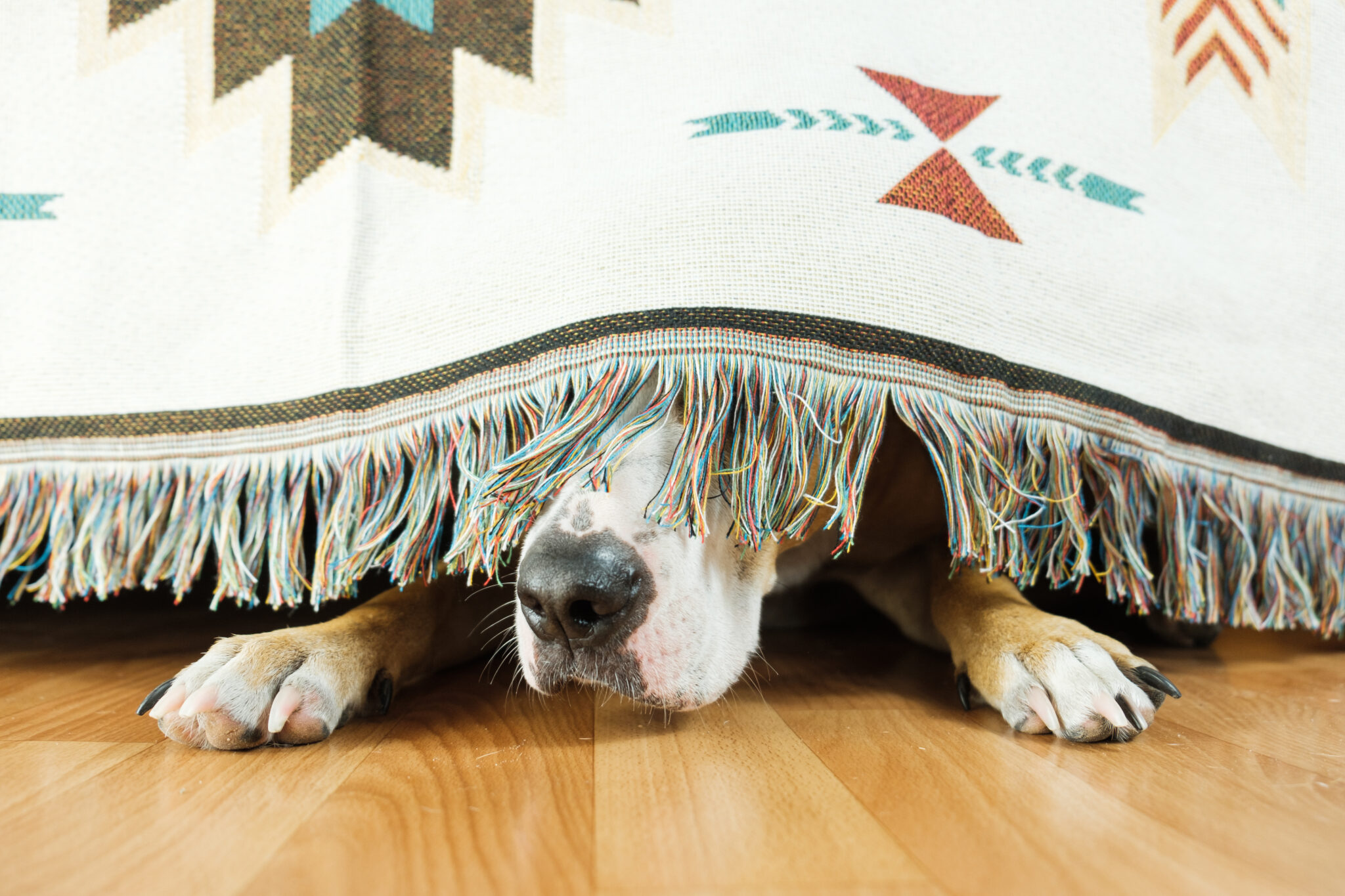As July 4th approaches, many Americans eagerly anticipate the dazzling fireworks displays that light up the night sky. However, what’s a celebration for humans can be a nightmare for our furry friends. The loud booms, flashes of light, and unfamiliar smells can trigger intense fear and anxiety in pets, leading to distress and potentially dangerous situations.
The Impact of Fireworks on Pets
Each year, thousands of pets are sedated to help them cope with the stress of fireworks. Even more concerning, many animals become so frightened that they bolt from their homes, risking injury or becoming lost. Animal shelters across the country report a significant spike in lost pets in the days following July 4th celebrations.
Preparing Your Pet for Fireworks
To ensure your pet’s safety and comfort during this holiday, consider the following tips:
- Early Exercise: Walk your dog earlier in the day before the festivities begin. This helps expend energy and may promote relaxation later.
- Create a Safe Haven: Keep pets indoors in a secure, comfortable space. This could be a familiar room with their favorite toys and bedding.
- Soundproofing: Close curtains to block out flashes of light and play soothing music or white noise to help mask the sound of fireworks.
- Identification: Ensure your pet is wearing a collar with an up-to-date ID tag. Having your pet microchipped provides an extra layer of security if they do manage to escape.
Additional Precautions
- Desensitization: In the weeks leading up to July 4th, play recordings of fireworks at a low volume, gradually increasing it over time. This can help your pet become accustomed to the sounds.
- Consult Your Veterinarian: For pets with severe anxiety, your vet may recommend anti-anxiety medications or natural calming aids.
- Stay Home: If possible, remain with your pet during the fireworks. Your presence can be comforting.
- Provide Distractions: Offer special treats or new toys to keep your pet occupied during the noise.
While these tips can help manage your pet’s stress during fireworks, it’s also worth considering long-term solutions for noise phobias. Professional training and behavior modification techniques can help pets become more resilient to loud noises over time.
Educating your community about the impact of fireworks on pets can help create a more considerate environment. Some communities have opted for silent fireworks or laser light shows as animal-friendly alternatives.
By taking these precautions, you can help ensure that July 4th remains a celebration for everyone – including our four-legged family members. Remember, a little preparation can go a long way in keeping your pets safe and calm during fireworks displays.
Thom Chandler
The Georgia Sun is a news and infotainment website devoted to all things Georgia.


